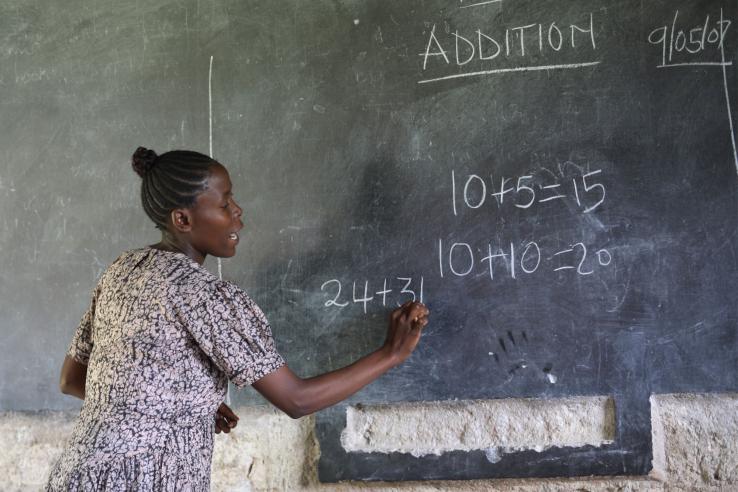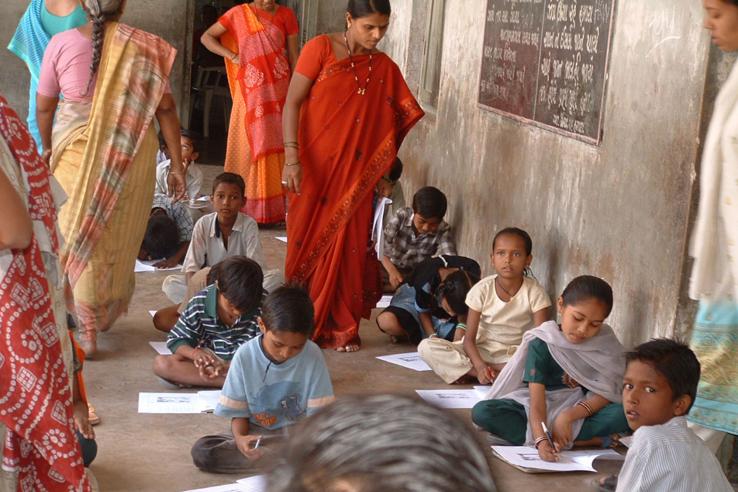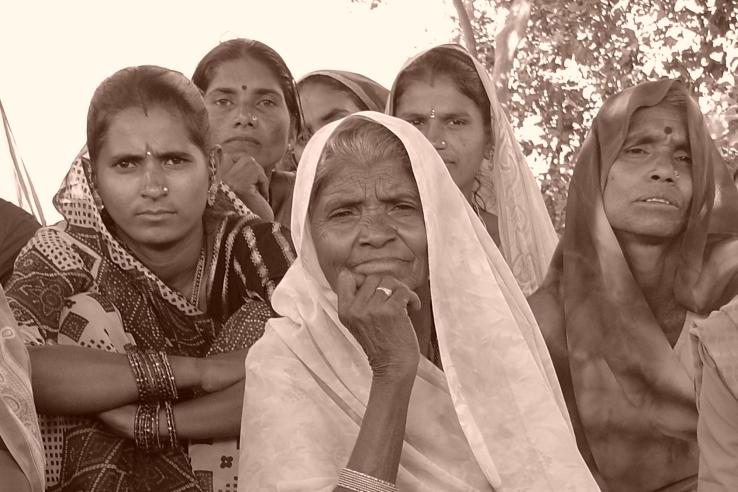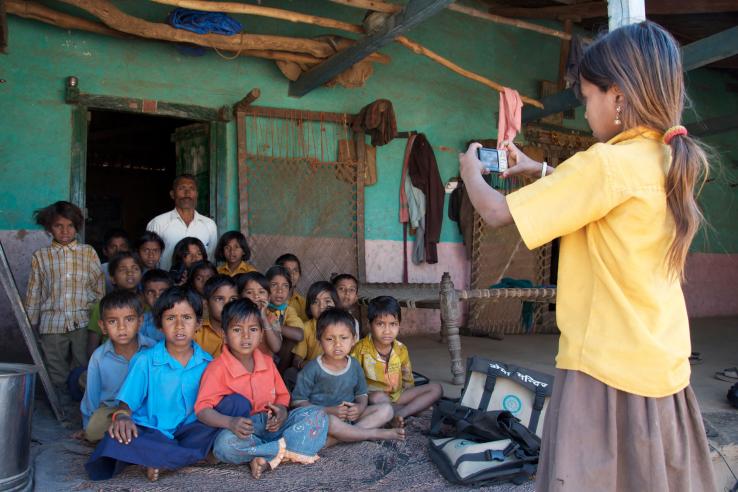Displaying 91 - 105 of 8484
Research Paper
File: Research paper
Research Paper
File: Research paper
Research Paper
File: Research paper
Research Paper
File: Research paper
Research Paper
File: Research paper
Research Paper
File: Research paper
Research Paper
File: Research paper
Research Paper
File: Research paper
Research Paper
File: Research paper
Research Paper
File: Research paper
Research Paper
File: Research paper
Youth unemployment is an increasing concern in countries across the developing world, including Tanzania. Many governments and international organizations are encouraging self-employment through micro- and small-enterprise development as a solution. Because many young people do not have the skills...
Policy Publication
File: Policy publication
A range of studies have examined alternative ways to reform health and education systems and address what is perhaps the most important failure in these systems. No simple answer emerges but some general lessons do stand out.
Policy Publication
File: Policy publication
Remedial tutoring is inexpensive and successful in helping the lowest-achieving students of rural India catch up to their classmates.
Policy Publication
File: Policy publication
Local leaders in India invest more in public goods directly relevant to the needs of their own gender.
Policy Publication
File: Policy publication
On an average day in rural Udaipur, India, 44% of teachers are absent from school. While Udaipur’s problem was especially severe, teacher absence is all too typical of schools in poor countries. This briefcase summarizes the implications from the evaluation of one highly successful program to reduce...



